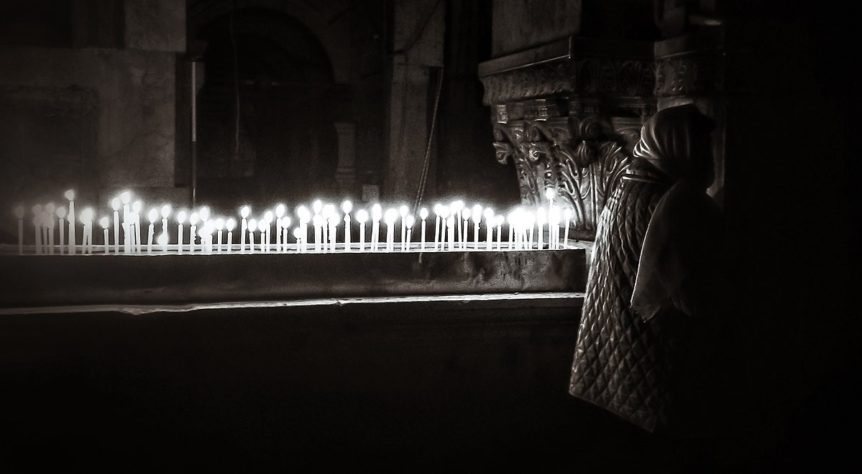The Top Ten 2021 Highlights from ADL’s Task Force on Middle East Minorities
2021 was a challenging year globally and it also impacted the work of the ADL Middle East Taskforce. Like so many, we could not organize in-person events, previously co-hosted with well-respected Washington, DC think tanks. Webinars replaced live audience programming. Although events remained accessible online, the advantage and impact of an in-person event was largely missing. But, it was still …
